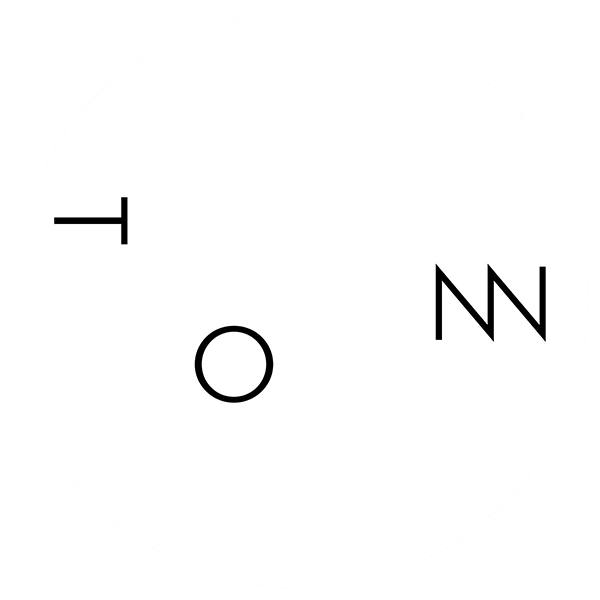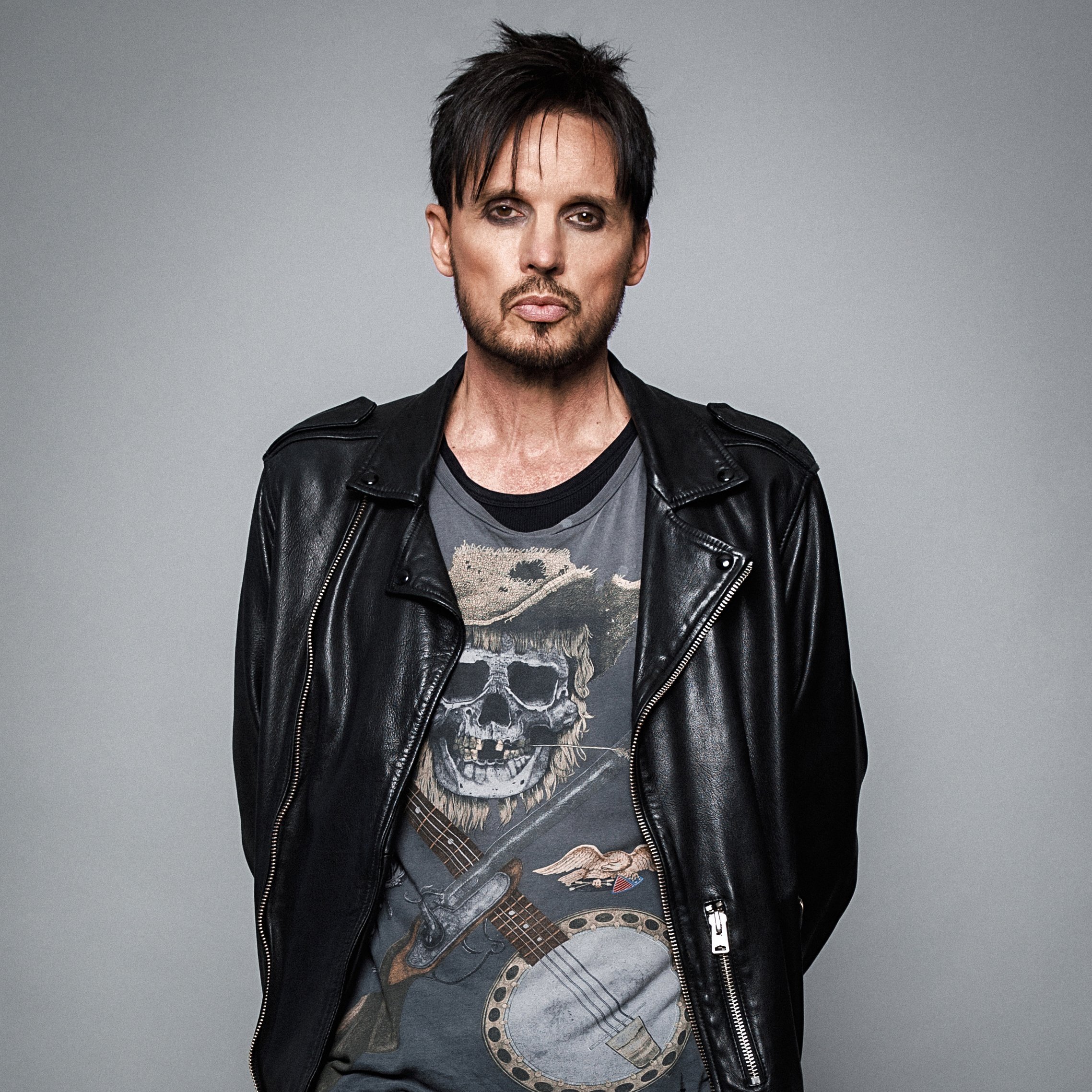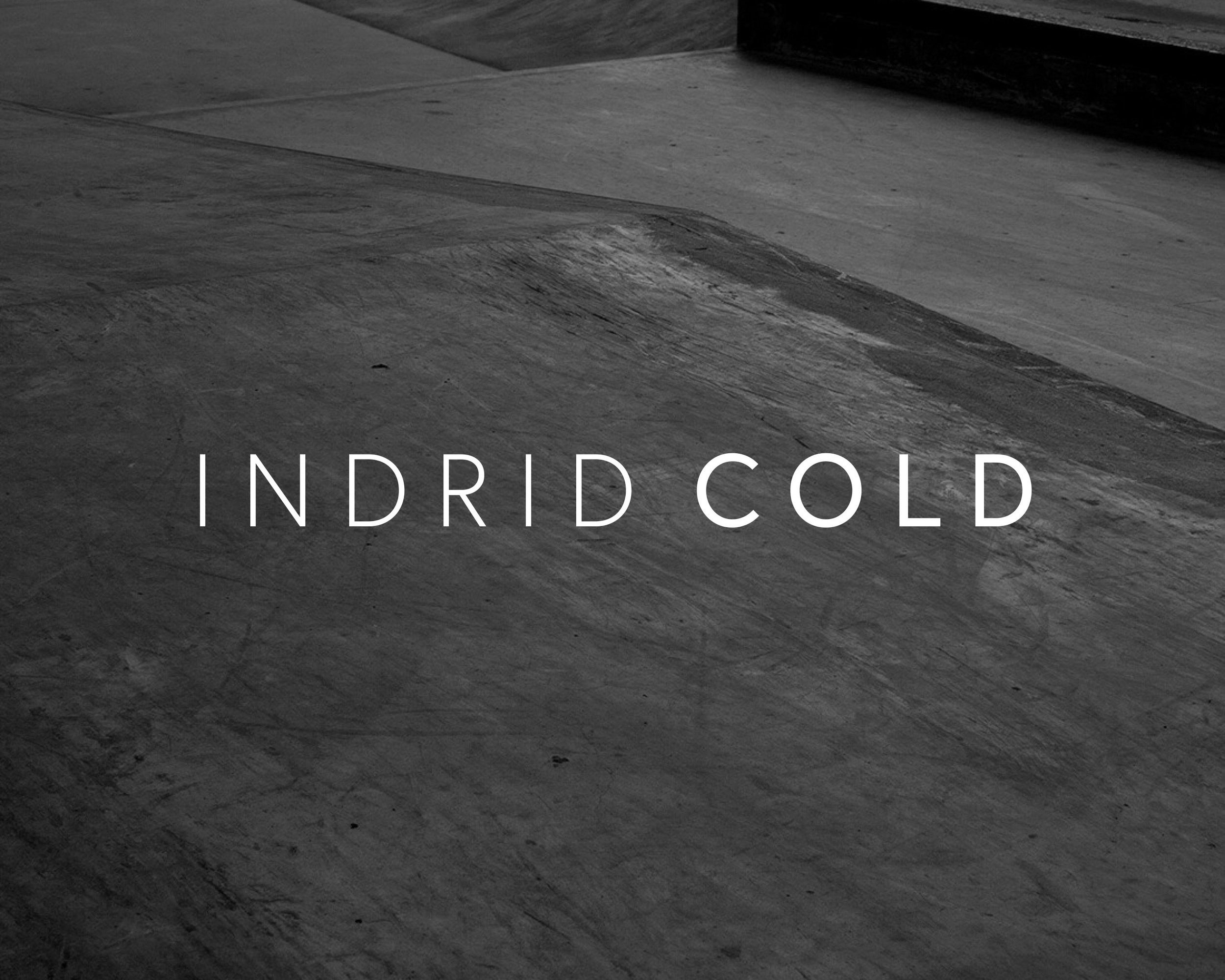TONN INTERVIEWS: GRIMDELUXE
Image: Siebren Doolaard, SEAP Media
Mary McIntyre talks to Max Koopmanschap about his musical journey and the origins of his project, Grimdeluxe.
Mary: Did you start to become interested in music from an early age, or did it come later?
Max: I was always very interested in music. From an early age I began playing guitar. When I first started, I played classical guitar and then later moved on to play more popular songs on electric guitar. So music has always been a very important part of my life. I found from an early age that my mood could become very easily affected by music. That’s why it’s an important factor to me in feeling at ease in certain environments.
My father was a DJ in his early years, so there was always a lot of music around our house. Through him I became introduced to disco, rock and some early electronic music, artists like Kraftwerk. From there on the music I was listening to evolved and found its own path.
The first time I really started feeling emotions when listening to music, I remember I was about eight years old. I had a computer game that played ‘Song 2’ by Blur. The first time I heard it, I didn’t know what I was experiencing! At that moment it triggered all sorts of emotions and actually gave me goose bumps.
In terms of music at a younger age, I felt at times somewhat of an outcast, as people really didn’t understand the music I loved. I was, and still am, always open to all kinds of music genres and it’s led to my now having a very broad taste. I go though phases in what I like to listen to. At the moment, I’m really into gangster rap and some 90s music. But today sadly, I don’t get that same overwhelming feeling when listening to music, which I experienced when I was younger.
Mary: What do you think of the electronic scene in the Netherlands?
Max: The electronic scene in the Netherlands is really big. All kinds of sub-genres of electronic music are born in the Netherlands. If we look at the 90s in Holland, during that period alone a lot of new, experimental and very defining music came to the surface. To give some examples of that time, there was the birth of gabber and trance. Even though these genres were very progressive sounding, they were played on public radio in Holland. So the Dutch are very open towards electronic music. Another example of that, from my own experience, was when I was a child at school, our class got to listen to happy hardcore, a more accessible form of gabber. The teacher actually taught us how to dance to that music, a dance which is called ‘Hakken’.
So from my own experience as a child living in Holland, I learned from a very young age to appreciate and listen to very dynamic, upbeat electronic music. I’m sure these two examples are not defining for all children or people in the Netherlands, but there’s definitely been an openness towards progressive electronic music here.
However, that the openness and progressiveness in terms of music, to my eyes, seems to be somewhat decreasing in the Netherlands, in comparison to the 90s. But to end on a very Dutch note, the ‘product’ of ‘electronic music’, is probably one of the biggest exports of the Netherlands.
Mary: Would you say that Amsterdam is a good place to make music? Does it have a distinctive music scene from other cities in the Netherlands?
Max: For me, Amsterdam has always held a major attraction in terms of the energy of its nightlife. When I was seventeen, my friends and I visited nightclubs known for their techno. One particular place which I really liked, was Studio 80, located at Rembrandtplein. They were playing all kinds of electronic music there. Unfortunately Studio 80 has since been shutdown.
Image: Sander de Vos via Unsplash
Another club I really liked, was club Korsakoff. At that club they were playing mostly grim electronic sounds. It was pretty run down, you could buy beer for less than 2 euros and the place was in a state of decay. But this establishment somehow seemed to really match the thought provoking feelings I was having at the time. You couldn’t say it was the healthiest place to be, but it felt like a good fit back then. Today, club Korsakoff has changed, it’s actually become a jazz bar I think.
During the spring and summer months, there are several festivals in and around Amsterdam, all very interesting and energetic. At these festivals they play much more diverse forms of music, compared to the nightclubs. But they are a good place for someone to connect with new styles, DJs and of course, most importantly, people.
All these things combined, gave me a certain education of what music could and should be and how it can engage certain emotions with your audience.
Mary: When did you start to create music which focused more on a synth sound?
Max: When I was about eighteen a friend of mine introduced me to Ableton and from then on I started to experiment with this software. At first I mostly produced ambient sounding samples, not really songs as such. Then, fast-forwarding to 2019, I was playing guitar for a band called Tytsjerksteradiel and at some point we stopped playing. I found that I really wanted to continue making music, but I didn’t want to be dependent on other people for making music, as that can sometimes slowdown the process of musical creativity for me. Don’t get me wrong, I love making music with others. It gives me the greatest pleasure to be part of a band. But at that point, I wanted to see if I was able to create something on my own. So using Abelton, a midi-keyboard and microphone, I decided to combine those elements and start a solo project.
At first, I began with the thought that I really wanted to produce a more punk or garage sound, but after a while I found that even though I really love those genres, I was having to force myself to sound punk or garage. As I didn’t want to force anything and noticed that I was drifting easily in a more atmospheric and minimal sounding direction, I decided to go with the flow and leave the boundaries of focusing on specific genres behind. After that, I found I was able to produce tracks much more freely and from there on, the sound I’m now working with evolved.
Mary: How did the name Grimdeluxe come about for your project?
Max: I started using the name Grimdeluxe when I created a social media account. I didn’t want to give the account my personal name. I’m a great fan of the Dutch word ‘grimmig’, which translates simply to ‘grim’ in English and to be humorous I guess, I added ‘deluxe’ to make sure it’s the ultimate form of grim. When I finished making my first tracks and was ready to release them on platforms, the name ‘Grimdeluxe’ seemed to correspond well with the music that I was creating, so I decided to use it.
Mary: The first time I came across Grimdeluxe was in the music video that Siebren Doolaard made for your track, 'Nigthwaves'. It's a really great piece of film. One of the things that struck me about it, was that in the film you're dancing, which is a memorable part of that music video, as that's not something we see synth artists doing so much. What was the starting point for that video?
“I think the music I make is danceable. This is something I purposefully do, as I want people to be able to dance to my music.”
Max: I really love dancing freely without any sense of construct of certain boundaries, into which a dance should be fitting. I think the music I make is danceable, in terms of its rhythm and beat in its bass, snare, hi-hat and sometimes a clap. This is something I purposefully do, as I want people to be able to dance to my music. I’m not saying people have to, but I want to give an audience that possibility. If you listen to my lyrics, they could be considered quite dark, but there’s also that part in the music where you could forget about everything and just move, dance or whatever you feel like doing to the track.
I think this contrast is what defines a Grimdeluxe track. This is also what you see in the video we made for ‘Nightwaves’. Where you have this guy (coincidentally me) who’s experiencing a certain type of relief, where he can just let everything go and starts moving freely to the music, without any inhibitions.
Mary: Have you played live? If so, what was that experience like?
Max: I played live a few times. Well when I say, ‘played’, on those occasions I was using an instrumental track and singing. When I appeared live, I found I did get very nervous though, mostly due to apprehensions about how people would respond to the music.
Actually the very first time I performed live, was when my father turned 60. I wanted to surprise him with Grimdeluxe songs, because he really likes my music. It was a difficult evening because most of the people there didn’t really understand what I was doing, but my father did, he was so happy and that’s why I did it. I still laugh every now and then about how much of an alien I felt in that room! Another similar experience was when a good friend of mine organised an open mic night. This also felt very much a weird fit, because all of the other participants were playing acoustic guitars and mostly very sentimental Latin songs. So once again the experience felt very much not fitting with my electronic music. In the future, I really would love to play at a venue where the music would fit the audience and the atmosphere. So I would love to play live more, as think in the right setting it could be be dynamic.
Mary: Grimdeluxe vocals are always very distinctive. Have you always felt comfortable singing, or is that something you have had to develop over time?
Max: In the past, I loved karaoke and had so much fun singing Dutch folk music, songs by legendary Dutch folksingers André Hazes and Koos Alberts. Whenever there was the possibility to sing karaoke, I’ll took it! Of course there’s always some anxiety when it comes to singing in front people. I found at first, that I was more comfortable singing other people’s songs, but it was different when it came to my own. I can still find it hard to listen to my own tracks, as I can sometimes be in doubt about my voice.
Certain qualities in the voice itself are of course somewhat in homage to the great Ian Curtis. The first time I heard Joy Division, I actually cried. It just hit me and I’ve since never lost interest in listening to that band. There’s something in the baritone voice of Ian Curtis which makes a potentially uplifting song, like ‘Disorder’ for example, dark and mysterious. But the thing that really hits me is the figure of a misunderstood man dancing strangely on stage, singing about the feelings he couldn’t talk about.
So ultimately, the use of the baritone voice in my case, is not only the most comfortable register for me to sing in, but is also to create that dark and mysterious atmosphere. So in many ways, singing for me is also in some way in remembrance of Ian Curtis.
Mary: Do you find it hard to juggle making music with other work, or things that you have going on?
Max: I’ve just started studies at University in Amsterdam, so juggling that with working on the project Grimdeluxe, I’m expecting to be a challenge. But I had already recorded some brand new tracks just before I started at the University. So there will be some new material on the way from Grimdeluxe in the not too distant future.
The fantastic new album ‘Mokum’ by Grimdeluxe is now available on TONN Bandcamp on cassette and digital download.















